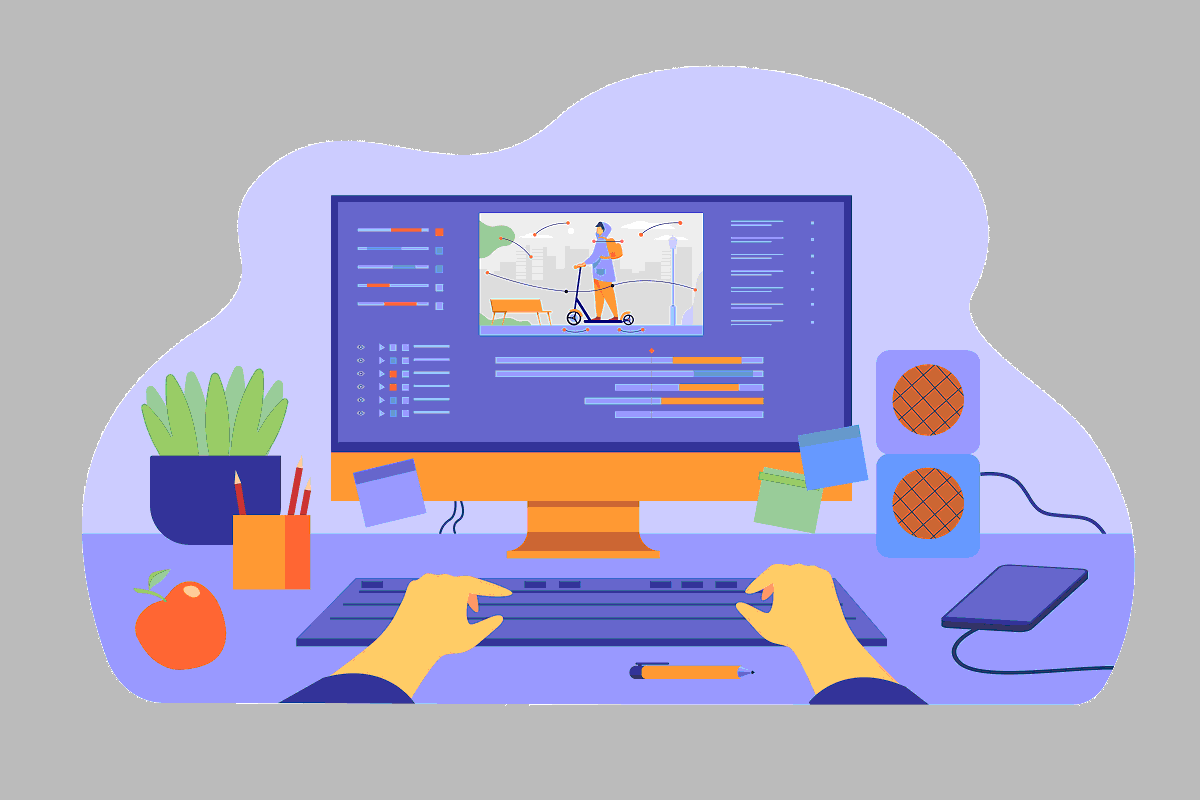
Personal computers have become an essential part of modern life. They provide us with the ability to connect with the world, store important information, and complete daily tasks. However, as technology has advanced, so have the privacy threats that come along with it. From hackers to cyberattacks, there are numerous ways that personal computer privacy can be compromised. It's crucial to understand the dangers and take steps to protect yourself and your information. In this article, we will explore the various privacy threats to personal computers, the best practices for protecting personal computer privacy, and the latest privacy trends and developments in the industry.
Overview of Privacy Threats to Personal Computers
The number of privacy threats to personal computers is growing every day. Some of the most common threats include:
- Malware and viruses
- Phishing scams
- Unsecured Wi-Fi networks
- Social engineering
- Unsecured or poorly protected devices
These threats can result in the theft of personal information, such as credit card numbers, passwords, and other sensitive data. Additionally, hackers can use this information to carry out identity theft and other crimes.
Best Practices for Protecting Personal Computer Privacy
There are several best practices for protecting personal computer privacy, including:
Security software and hardware solutions
- Installing antivirus software and a firewall on your personal computer
- Using encryption to protect sensitive data
- Keeping all software and hardware up-to-date with the latest security patches and updates
Secure password management
- Creating strong and unique passwords for all online accounts
- Using a password manager to securely store and manage passwords
- Avoiding public Wi-Fi networks and using a virtual private network (VPN) instead
Privacy settings on devices and online accounts
- Adjusting privacy settings on social media accounts to limit the amount of personal information shared
- Turning off location tracking on mobile devices
- Reviewing and updating privacy settings on all devices and online accounts regularly
Avoiding suspicious emails and links
- Being cautious of emails or links from unknown sources
- Avoiding clicking on links or downloading attachments from unknown sources
Privacy-Focused Operating Systems and Web Browsers
There are several privacy-focused operating systems and web browsers that prioritize privacy and security. Some of the most popular include:
- Tails: a privacy-focused operating system that routes all internet traffic through the Tor network
- Qubes OS: a security-focused operating system that uses virtualization to isolate applications and data
- Firefox: a privacy-focused web browser that blocks trackers and provides private browsing mode
- Brave: a privacy-focused web browser that blocks trackers, and advertisements, and provides private browsing mode
Latest Privacy Trends and Developments in the Personal Computer Industry
The personal computer industry is constantly evolving, and the same is true for privacy and security. Some of the latest trends and developments include:
- Increased focus on privacy-focused operating systems and web browsers
- Greater emphasis on secure password management
- More companies offering privacy-focused services and products, such as virtual private networks (VPNs) and encrypted messaging apps
- Increased public awareness of privacy issues and the importance of protecting personal information
Information on Privacy Laws and Regulations and their Impact on Personal Computer Privacy
Privacy laws and regulations are in place to protect individuals from having their personal information misused or disclosed without their consent. Some of the most significant privacy laws include:
- The General Data Protection Regulation (GDPR) in the European Union (EU)
- The California Consumer Privacy Act (CCPA) in the United States
- The Personal Information Protection and Electronic Documents Act (PIPEDA) (Canada) and the General Data Protection Regulation (GDPR) (European Union) are two examples of laws that regulate personal computer privacy.
In Canada, PIPEDA sets out the ground rules for how personal information must be collected, used, and disclosed by organizations in a manner that recognizes both the right of individuals to have their personal information protected and the need for organizations to collect, use or disclose personal information for legitimate purposes. This law applies to any organization that collects, uses or discloses personal information in the course of commercial activities.
In the European Union, the GDPR sets out the rules for how personal data must be processed, including data collected and used by organizations for personal computer usage. This regulation replaces the 1995 Data Protection Directive and aims to give citizens back control of their personal data and simplify the regulatory environment for international business by unifying the regulation within the EU.
Conclusion
In conclusion, the use of personal computers has become an integral part of our daily lives, and with this, the importance of protecting personal computer privacy has become more critical than ever. Personal computer users must be aware of the privacy threats they face and take necessary measures to protect their personal information. From using security software and hardware solutions to managing secure passwords and adjusting privacy settings on devices and online accounts, there are many best practices that individuals can follow to ensure their personal computer privacy is protected. Additionally, privacy-focused operating systems and web browsers, as well as privacy laws and regulations, play a crucial role in safeguarding personal computer privacy. Stay informed and stay protected by following the latest trends and best practices for personal computer privacy.
Computer




